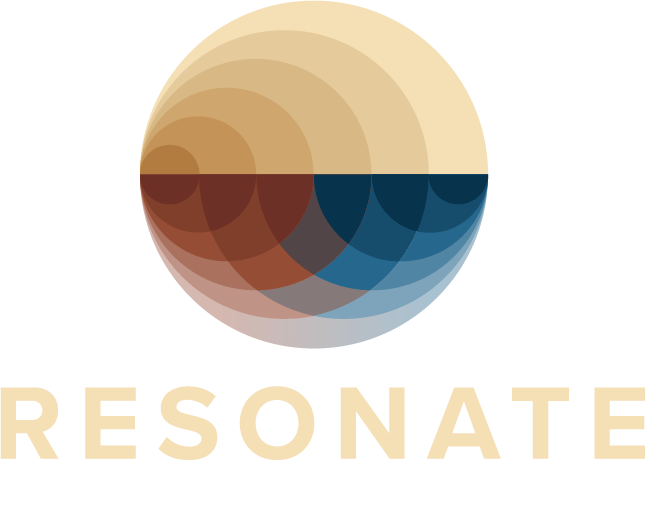04. Victim Consciousness- Persecutor Self-Reflection

This self-reflection helps deepen your conscious awareness of any persecutor victim patterns you may be involved or engaged in so you may start choosing where and how to manage yourself and your precious energy.
As you learn about the victim consciousness game in yourself, you may likely begin to acknowledge and reflect on the many victim patterns and conditioning within those around you as well.
Before proceeding with this self-reflection, please make yourself acquainted with what victim consciousness is and how it can play out in your life. Remember, this information is not defining you as a person, it is simply acknowledging patterns of manipulation that you may or may not know about or engage in, that are overall disempowering.
Stay curious as you acknowledge any triggers that come up for you along the way. These triggers are doorways into understanding yourself more deeply and may be areas to focus on for reclaiming your power.
You may realize how much you play the game or how often others wrap you into playing with them. Go gentle as you reflect on these patterns. In time, you will recognize more and more which may change how you desire to relate to others and bring your attention to much needed healthy boundaries.
Themes of The Persecutor Victim include conscious or subconscious patterns of:
- Mental, emotional and/or physical abuse of self and/or others
- Uses guilt or shame to control situations or behavior. Makes others feel bad or manipulates situations
- Shadow attributes of the Saboteur
- Unhealthy giving and taking or exchange of energy with others and the environment
- Holds beliefs of deserving punishment and/or suffering
- Substance use of some kind, mainly in an unhealthy or unconscious/unintentional way
Reflect on the victim archetype self-reflection prompts below for ~5-20 minutes, for the next 2-4 days. *Unless otherwise directed.
- Acknowledge whatever you may be aware of at this time with curiosity.
- Perform this self-reflection again in about 4 weeks to assess your progress and to gather any new information to continue to support you and your greatest good.
- Optionally, use your testing technique to determine your optimal frequency and duration to use this reflection.
- What feelings and emotions do you push down and hold inside, not allowing yourself to feel?
- What feelings and emotions do you not express to others?
- What feelings and emotions do you put on or project onto others? (Unhealthy expression ie. “venting” before you have processed it all, etc.)
- Do you tend to use certain distractions or addictions to cope with your repressed or projected emotions?
- What area(s) of your life are you most concerned about, unhappy with, triggered or irritated by?
- In what situation or with what person or group do you feel most helpless and/or out of control?
- In what situation or with what person or group do you try to control or manipulate?
- In what situation or with what person or group do you exert dominance or aggression?
- In what ways do you persecute another or yourself? Some persecution examples: reject, abuse, ignore, shame, guilt-trip, humiliate, embarrass, etc. Describe.
- What version of yourself or how old do you feel when you engage in a persecution pattern?
- What unhealthy rules, spoken or unspoken, have you been operating under that have kept you dealing with a stressful situation? Some examples of unhealthy rules include: 1) Don’t talk about what is really going on 2) Pretend everything is okay 3) Don’t tell anyone else and keep all issues or problems a secret 4) Don’t trust what you are actually sensing and perceiving from the situation 5) Don’t show vulnerability or emotions especially in public
- Are you willing to take responsibility for how you feel and become aware of what you are sensing when you feel different emotions?
- Are you willing to find new healthy ways to express your feelings, to help your health?
- Are you willing to establish clear boundaries?
This content is being provided for informational purposes only and is not a substitute for medical advice. This content has the potential to produce healing and detox responses. Please consult your medical doctor or professional if you have medical concerns. If you experience any discomfort or adverse effects discontinue.
©️ 2022 Resonate Health. This content may not be duplicated, copied or shared unless authorized.
You do not have permission to view this form.
You do not have permission to view this form.
CONTACT US
PRIVACY POLICY
TERMS OF SERVICE
CONDITIONS AND CONSIDERATIONS INFORMATION
© Resonate Health 2024 DESIGN BY ABRACADABRA CREATIVE
